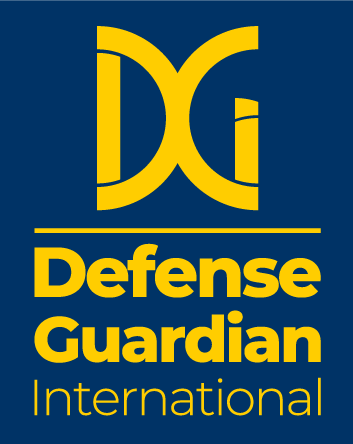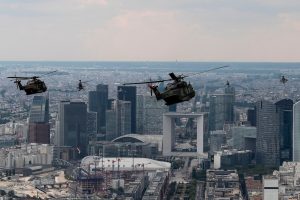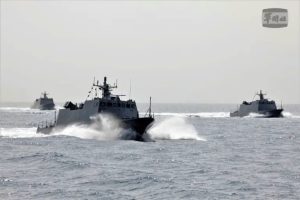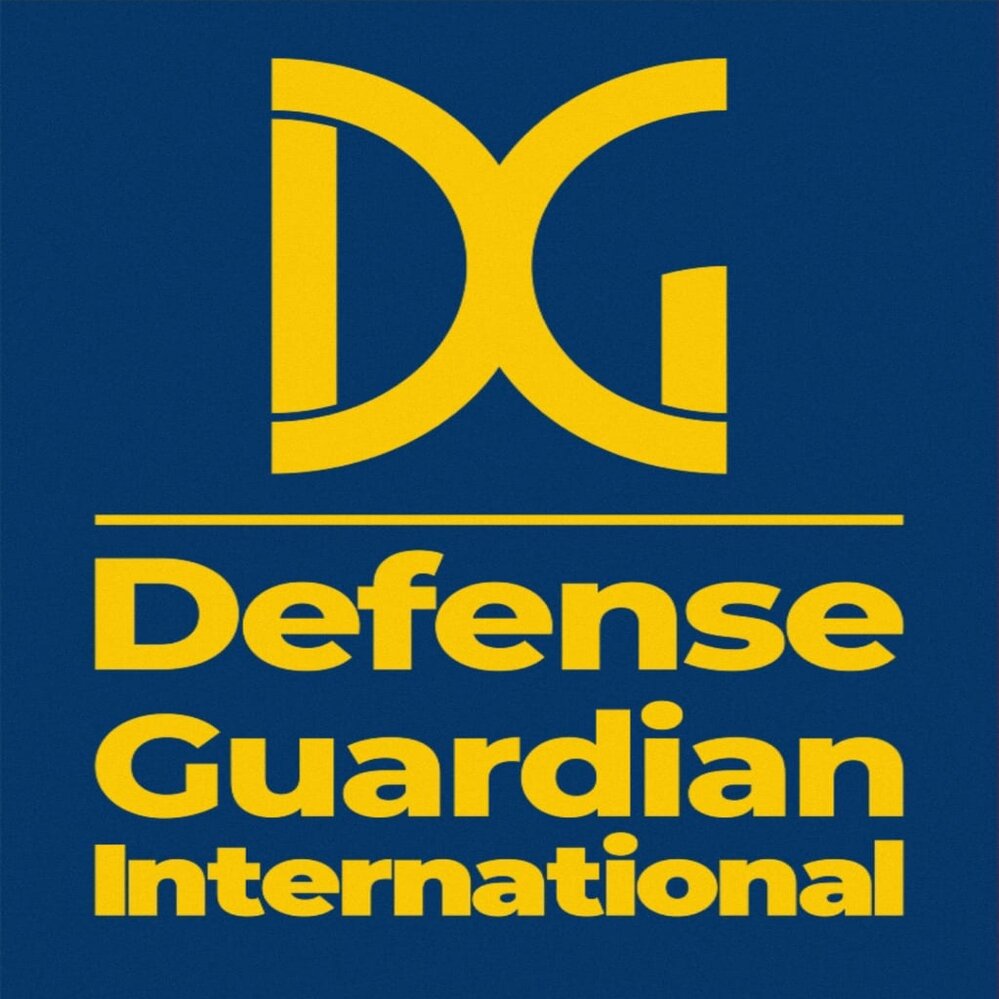While the United States still holds a prominent position in the area, there are reasons to feel concerned about European and South Korean companies making inroads.

The show floor at the 2021 IDEX show in Abu Dhabi, UAE. (Chyrine Mezher/Breaking Defense)
In the past four years, there has been a noticeable shift in the Gulf region towards purchasing major defense equipment from non-American sources. While there isn’t a coordinated policy to move away from US defense companies, these American products still rank high on the region’s wish-lists. If the US acts swiftly, it can find willing buyers. However, various factors, including new entrants in the market, increased investments in domestic defense industries, and political conflicts, could make the future dominance of US defense giants less assured.
Retired Maj. Gen. Abdullah Syed Al Hashimi, formerly of the UAE Ministry of Defense, highlighted reasons that might motivate Arab countries to transition from US to European or other sources. These include more competitive prices, a desire to diversify weapons sources, and the sometimes complex political stance of the US government, which could lead buyers to explore different markets.
The US still maintains substantial business ties in the region. According to the Stockholm International Peace Institute (SIPRI), between 2018 and 2022, Saudi Arabia accounted for 19 percent of US arms exports, Qatar 6.7 percent, Kuwait 4.8 percent, and the UAE 4.4 percent.
However, anecdotal evidence suggests that non-US companies appear to be winning more major defense contracts in the region. There’s a perception that European companies are increasing their presence in the Gulf, as demonstrated by their involvement in major defense programs in Saudi Arabia and the UAE.
South Korea’s success in the Gulf defense market is attributed to its willingness to share technology. This aligns with the growing trend of localizing the defense industry in the region and establishing partnerships with international firms for technology transfer.
While the US still offers desired weapons, political factors pose challenges. The US government’s decisions have at times affected defense deals with regional partners. For example, the US’s withdrawal of Patriot missiles from Saudi Arabia led to Riyadh seeking alternative air defense solutions. The stringent US export controls on defense technology transfers have also created difficulties for American companies, benefiting European and Asian competitors.
The experts believe that any potential rapprochement between Gulf states and Iran is unlikely to significantly impact US arms sales in the region. The stability generated by recent agreements needs further assessment, and Saudi Arabia is expected to continue its defense programs regardless of the evolving situation.
In summary, the Gulf’s shift towards non-US defense acquisitions is influenced by various factors. While the US still holds a strong position, changes in the market, domestic investments, and political dynamics could alter this landscape moving forward.






